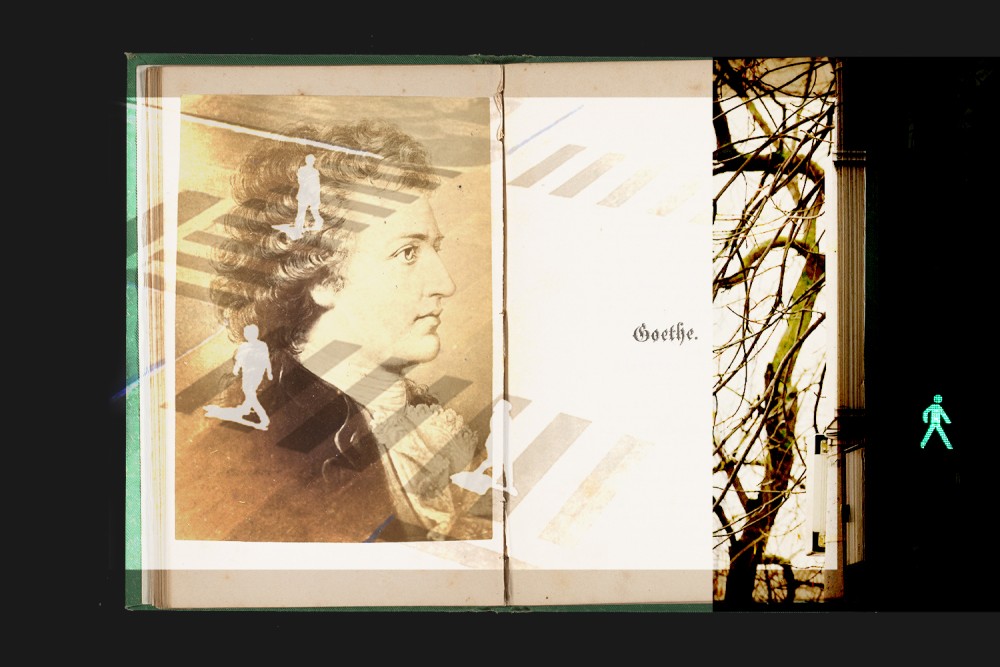Knowledge is not enough
Patience, kindness, and love are far more valuable to the formation of our faith communities.

Century illustration (Source images: Getty and Creative Commons)
“Knowing is not enough; we must apply,” says Johann Wolfgang von Goethe. “Willing is not enough; we must do.” One thing pastors do are funerals. None of them is fun; all of them are important.
I was asked to officiate the funeral of a young man who lived in the streets, who rapped about the streets, and whose death I had seen on YouTube just hours earlier. On this tragic occasion, people’s framing felt familiar: If only he knew. His friends and family were saying it, other clergy were saying it, and indeed it felt like the right thing to say—like the only thing to say. If only he knew his potential and how smart he was and how powerful his God was and how he was a child of that God. If only he knew. The implication was that he chose the streets because he didn’t know any better—an idea that guides curriculums and after-school programs across this country.
“If you know better, you do better,” says everyone. That kind of framing works fine until you do a different kind of funeral. For me, it was the one where a woman died by suicide after suffering decades with mental illness. “If only she knew,” right? How loved she was and that things turn around and all of that nonsense.





